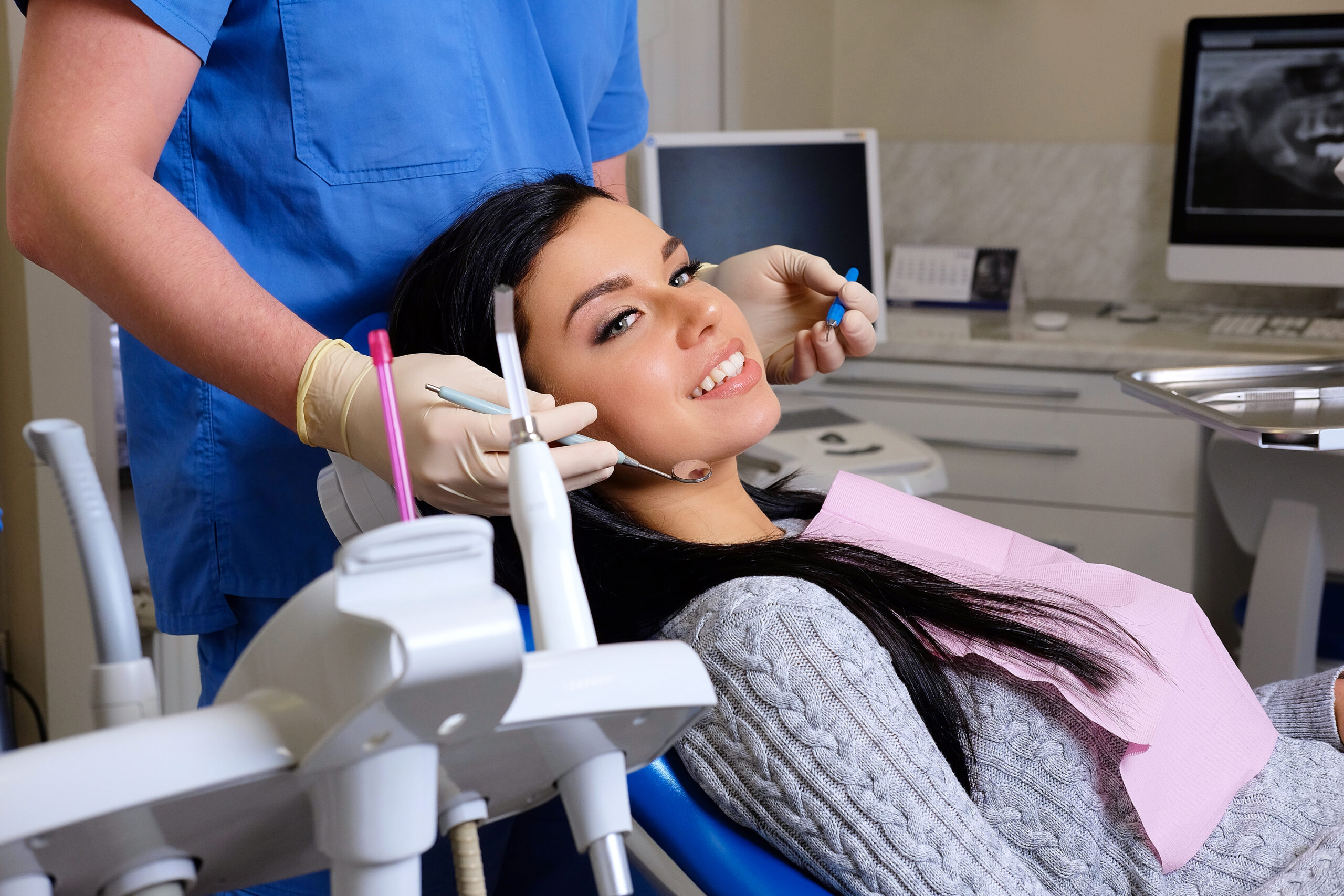When we think about orthodontics, we often associate it with improving the appearance of our smiles and correcting dental issues. However, orthodontic treatment offers benefits beyond just aesthetics. One such benefit is the impact it can have on our sleep quality. This blog post will explore the connection between orthodontics and sleep, highlighting how straight teeth can contribute to better rest and overall well-being.
The Role of Malocclusion:
Malocclusion, or the misalignment of teeth, is a common dental problem that affects both children and adults. It can lead to a range of issues, including difficulty chewing, speech problems, and oral health concerns. One lesser-known consequence of malocclusion is its impact on sleep quality. Misaligned teeth can cause an imbalance in the jaw position, leading to an improper bite and potential breathing issues during sleep.
Obstructive Sleep Apnea (OSA):
Obstructive sleep apnea is a sleep disorder characterized by repeated episodes of breathing cessation during sleep. It occurs when the airway becomes partially or completely blocked, leading to interruptions in breathing and disruptions in sleep patterns. While there are various causes of OSA, malocclusion can contribute to developing or exacerbating this condition. Misaligned teeth and jaw positioning can narrow the airway, making it more prone to collapse during sleep.
Improved Airflow with Orthodontic Treatment:
Orthodontic treatment, such as braces or clear aligners, can help properly align the teeth and jaws. By correcting malocclusion, these treatments can improve the alignment of the airway, allowing for better airflow during sleep. As a result, individuals with orthodontic treatment may experience reduced snoring, fewer breathing interruptions, and improved sleep quality.
Reduced Risk of Teeth Grinding:
Teeth grinding, also known as bruxism, is a common problem that often occurs during sleep. It can lead to tooth damage, jaw pain, headaches, and sleep disturbances. Malocclusion can contribute to bruxism as the misalignment of teeth can cause an imbalance in the bite, leading to excessive teeth grinding. Orthodontic treatment can help correct the alignment of the teeth, reducing the risk of bruxism and its associated sleep disruptions.
Enhanced Jaw Positioning and Muscle Relaxation:
Proper jaw positioning is crucial for maintaining an open airway during sleep. Malocclusion can result in an improper bite and strain of the jaw muscles, leading to tension and discomfort. Orthodontic treatment can help align the jaws correctly, reducing muscle tension and promoting relaxation. This improved jaw positioning can contribute to better sleep quality and a decrease in related issues such as jaw pain and headaches.
Boost in Self-Confidence and Mental Well-being:
While this blog post focuses on the connection between orthodontics and sleep, it’s important to acknowledge the impact of orthodontic treatment on overall mental well-being. Straightening teeth can boost self-confidence and improve self-esteem, leading to reduced stress and anxiety levels. These positive psychological effects can indirectly contribute to better sleep quality as individuals feel more relaxed and content.
Long-Term Benefits for Oral Health:
Orthodontic treatment improves sleep quality and has long-term benefits for oral health. Properly aligned teeth are easier to clean and maintain, reducing the risk of dental issues such as tooth decay and gum disease. By investing in orthodontic treatment, individuals can achieve a straighter smile and a healthier mouth, promoting overall well-being and quality rest.
Early Intervention for Children:
Addressing orthodontic issues early on in childhood can have significant benefits for sleep quality. Identifying and correcting malocclusion at a young age can help prevent the development of sleep disorders and related issues later in life. Orthodontic treatments like expanders and early braces can guide proper jaw and teeth alignment, ensuring optimal airflow during sleep. By seeking early intervention for your child’s orthodontic needs, you can set them on a path to better sleep and overall well-being.
Customized Treatment Options:
Orthodontic treatments are highly personalized to each individual’s needs. Orthodontists use advanced technology and techniques to assess specific alignment issues and determine the most suitable treatment plan. Whether it’s traditional braces or clear aligners, these customized treatment options can effectively correct malocclusion and contribute to better sleep quality. Consult with an orthodontist to discuss the available treatment options and find the best solution for your unique needs.
Collaborative Approach with Sleep Specialists:
In some cases, orthodontic treatment for sleep-related issues may require a collaborative approach with sleep specialists. Orthodontists and sleep specialists can work together to evaluate and address the underlying causes of sleep disturbances. By combining orthodontic interventions with other treatments like continuous positive airway pressure (CPAP) therapy or oral appliances, a comprehensive approach can be taken to optimize sleep quality and overall health.
Improved Overall Quality of Life:
Quality sleep is essential for overall health, cognitive function, and daily productivity. By improving sleep quality through orthodontic treatment, individuals can experience a significant enhancement in their overall quality of life. Restful sleep promotes better concentration, mood regulation, and physical well-being. Additionally, the positive effects of improved sleep extend beyond nighttime rest, leading to increased energy levels, better performance in daily activities, and improved interpersonal relationships.
Continuing Oral Health Maintenance:
After completing orthodontic treatment, it is essential to maintain good oral hygiene habits and follow up with regular dental check-ups. This ongoing care ensures the long-term stability of the orthodontic results and helps sustain improvements in sleep quality. By practicing proper oral hygiene and attending routine dental visits, individuals can enjoy the benefits of their orthodontic treatment for years to come.
Conclusion:
The link between orthodontics and sleep quality highlights the broader impact of orthodontic treatment on our overall health and well-being. By addressing malocclusion and aligning the teeth and jaws properly, orthodontic treatment can improve airflow, reduce the risk of sleep disorders like obstructive sleep apnea, and alleviate issues such as teeth grinding. Additionally, the positive psychological effects of a straighter smile can contribute to better mental well-being and relaxation. Investing in orthodontic treatment enhances our smiles’ appearance and promotes better sleep and long-term oral health. Consult with an orthodontist to explore the potential benefits of orthodontic treatment for your sleep and overall wellness.
To know more, contact the best Dentist in Gurgaon.




